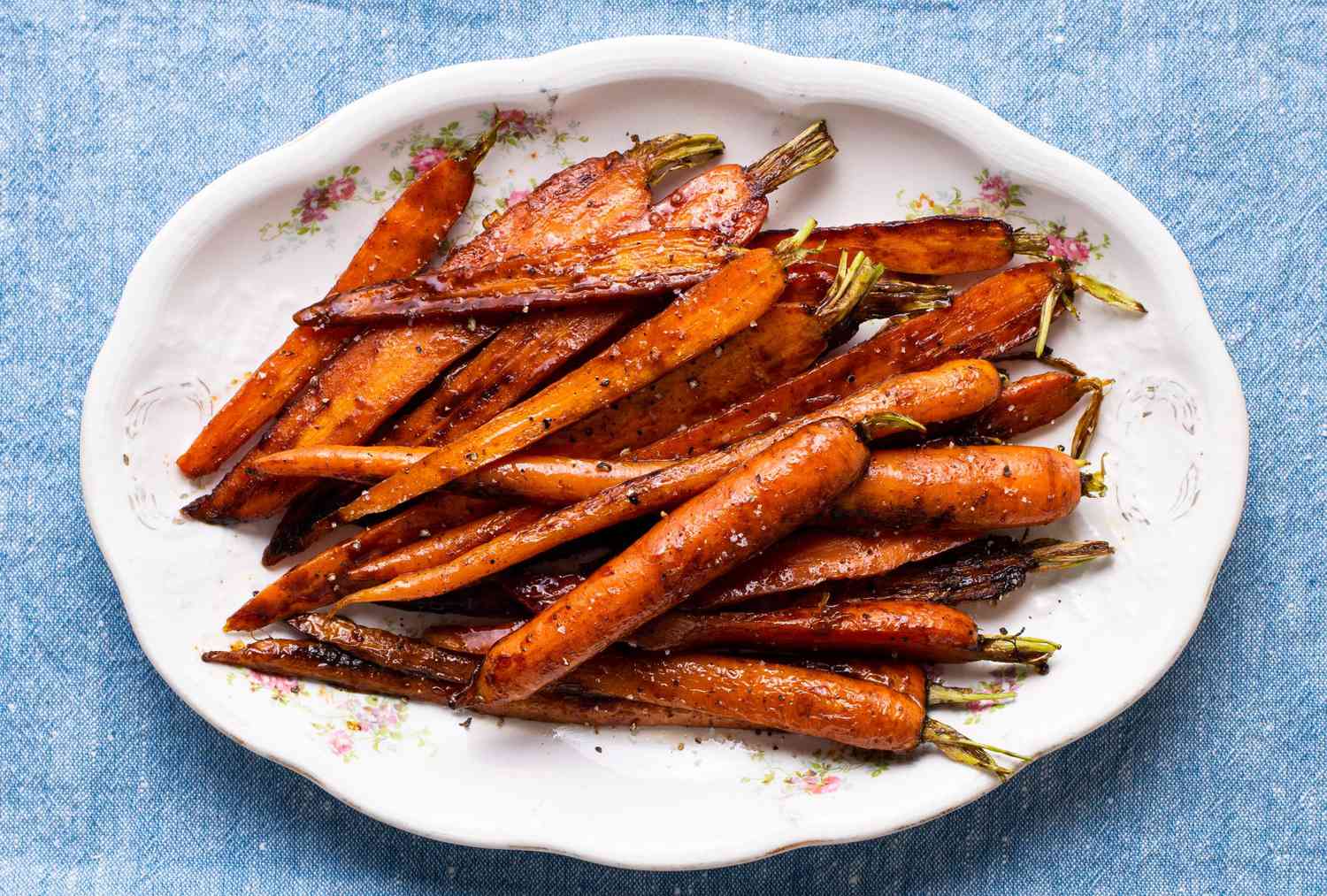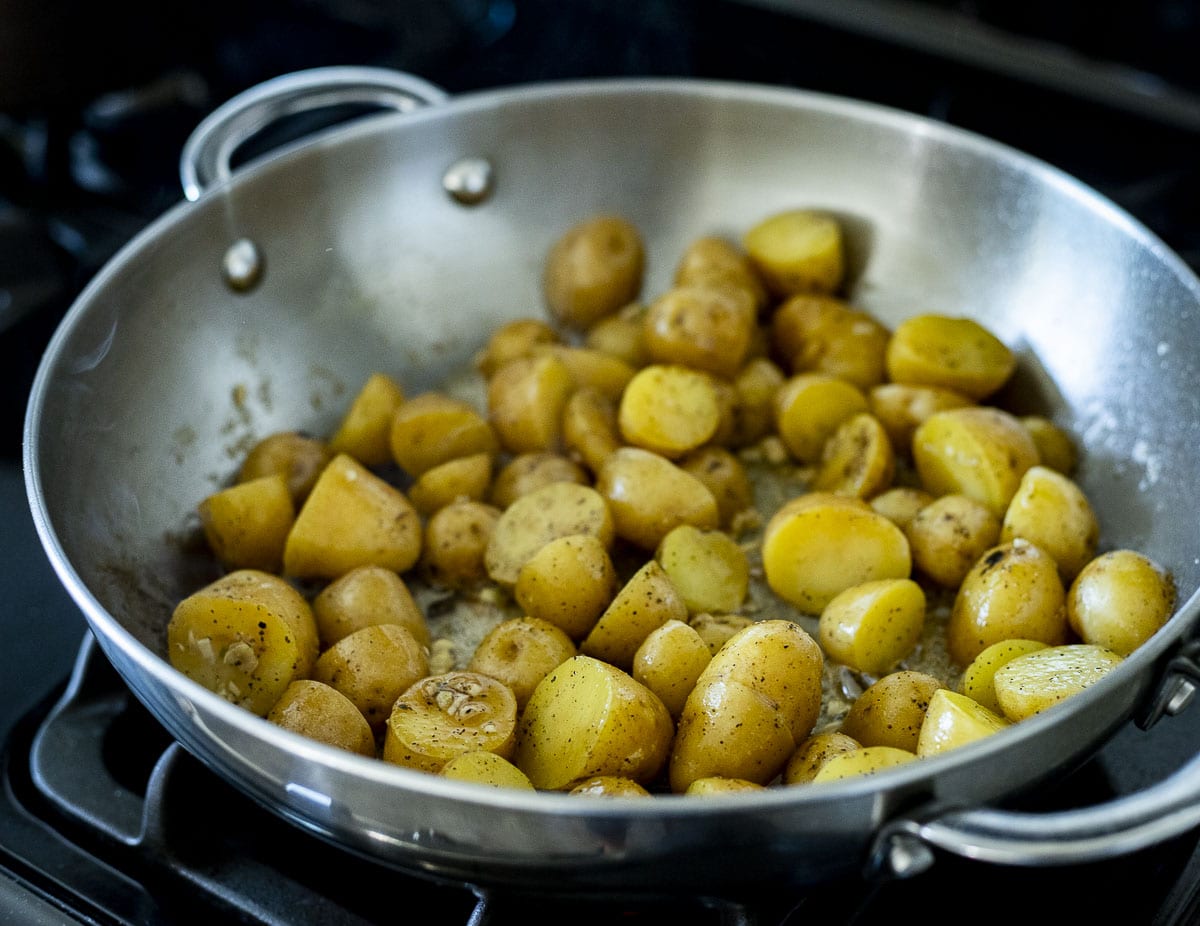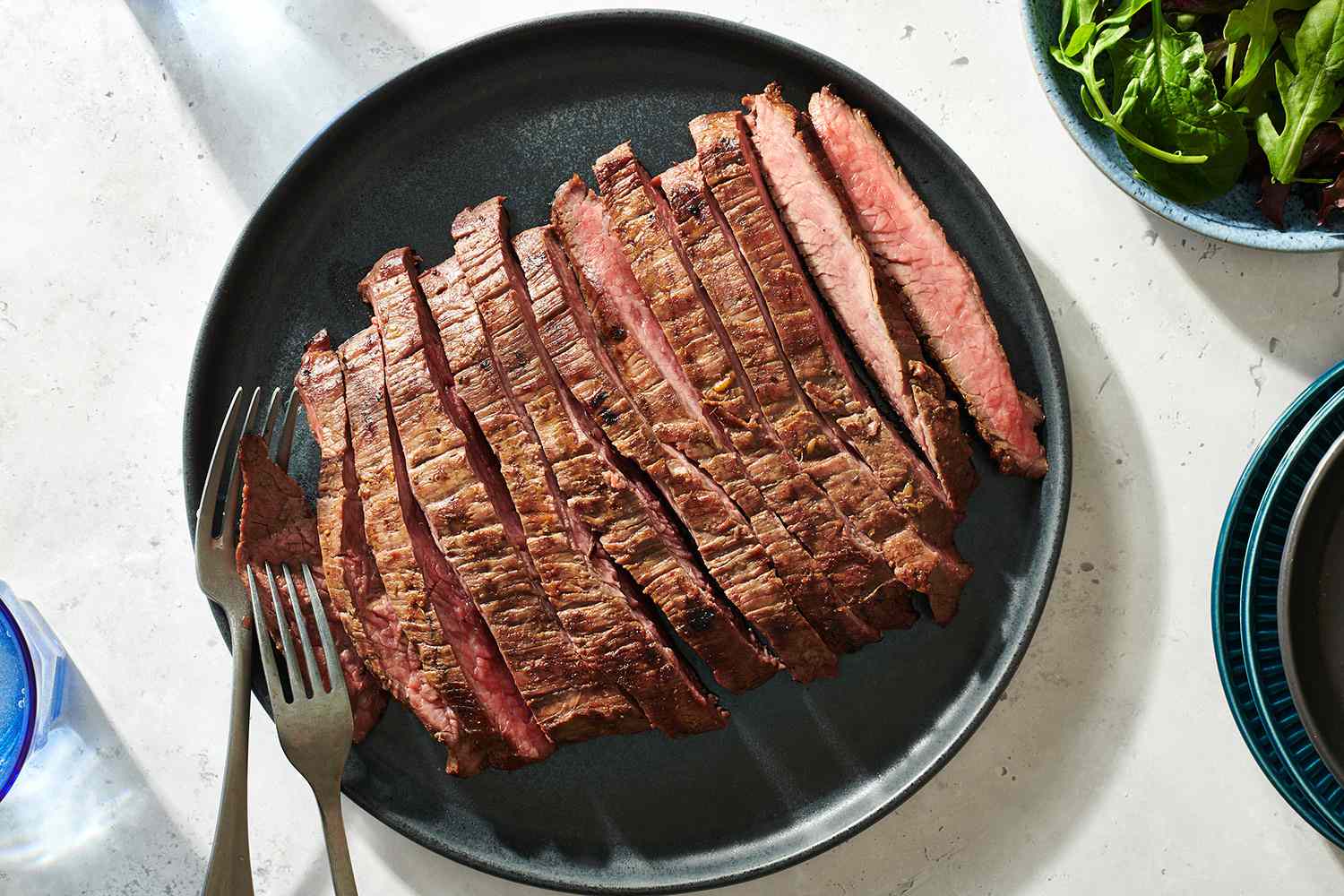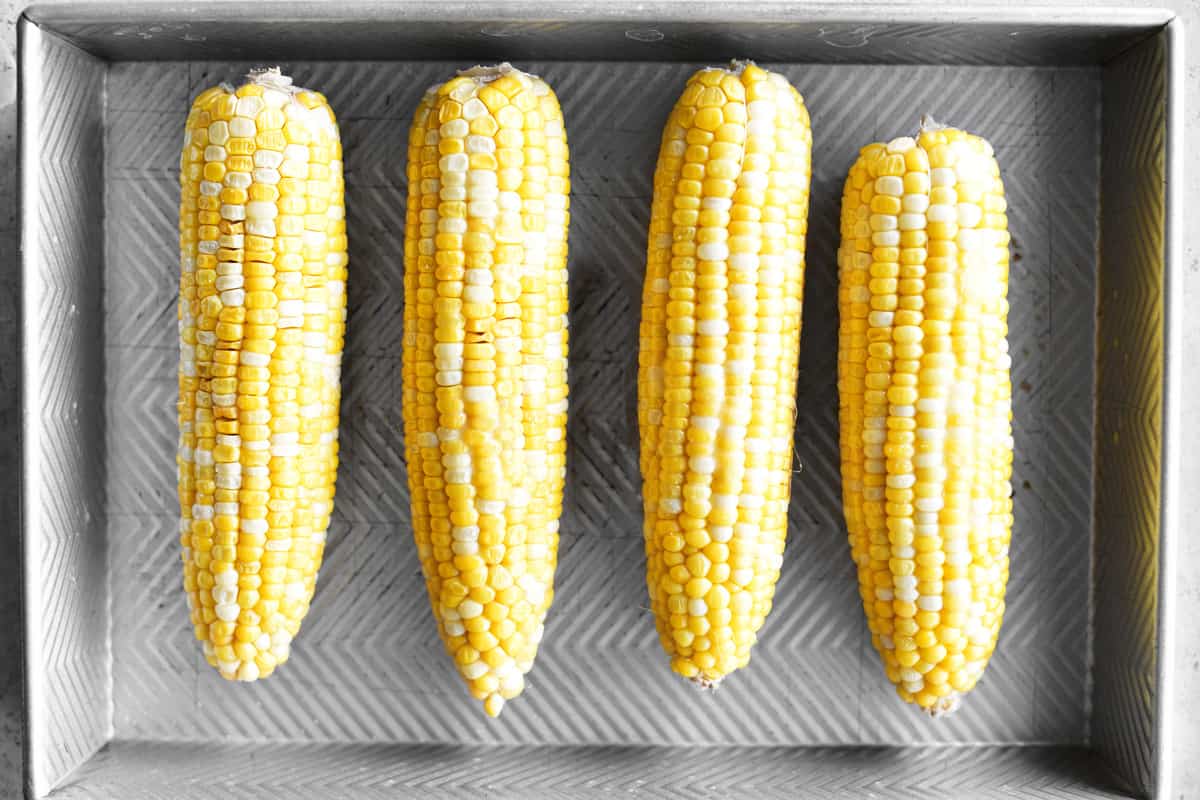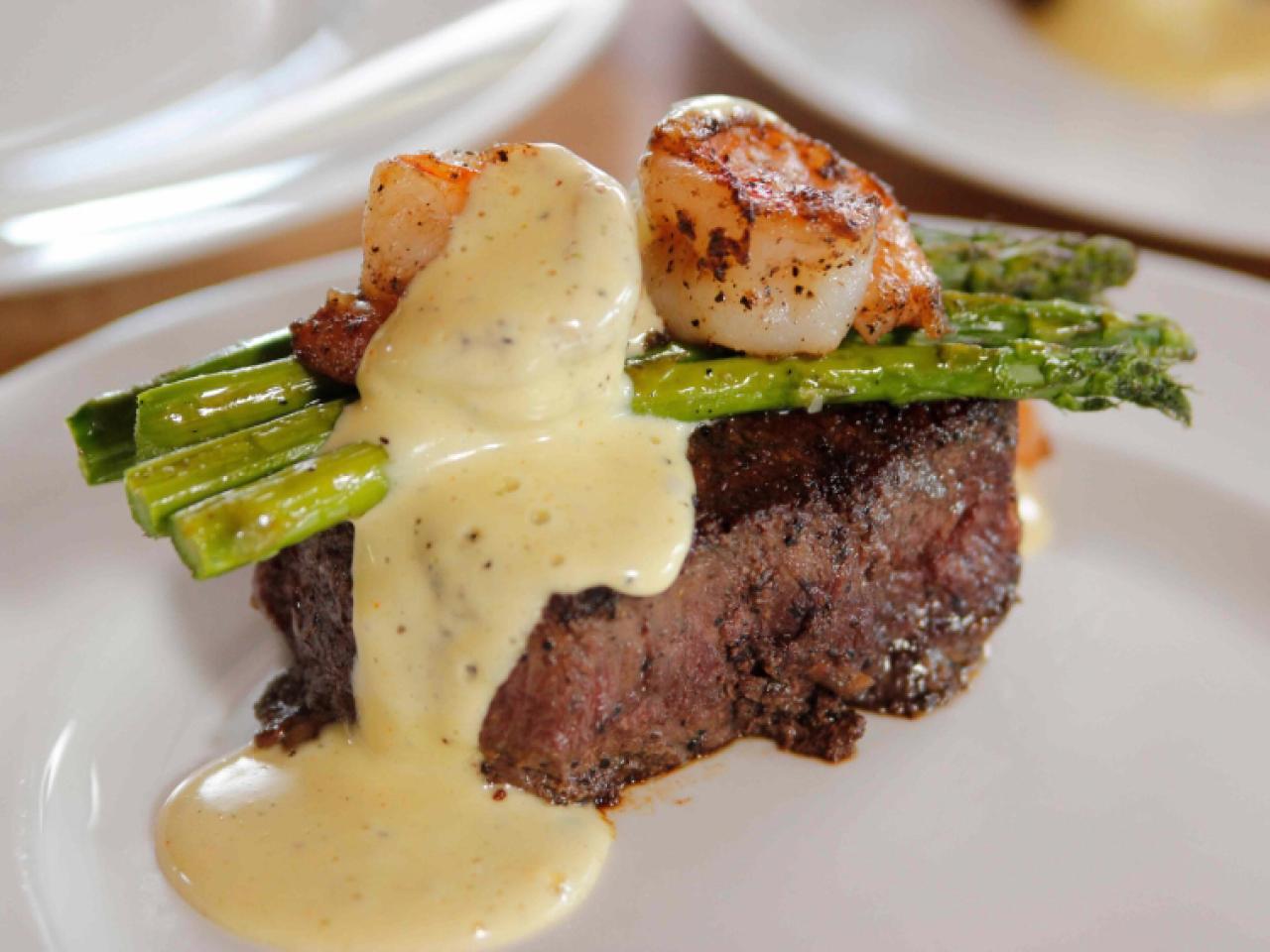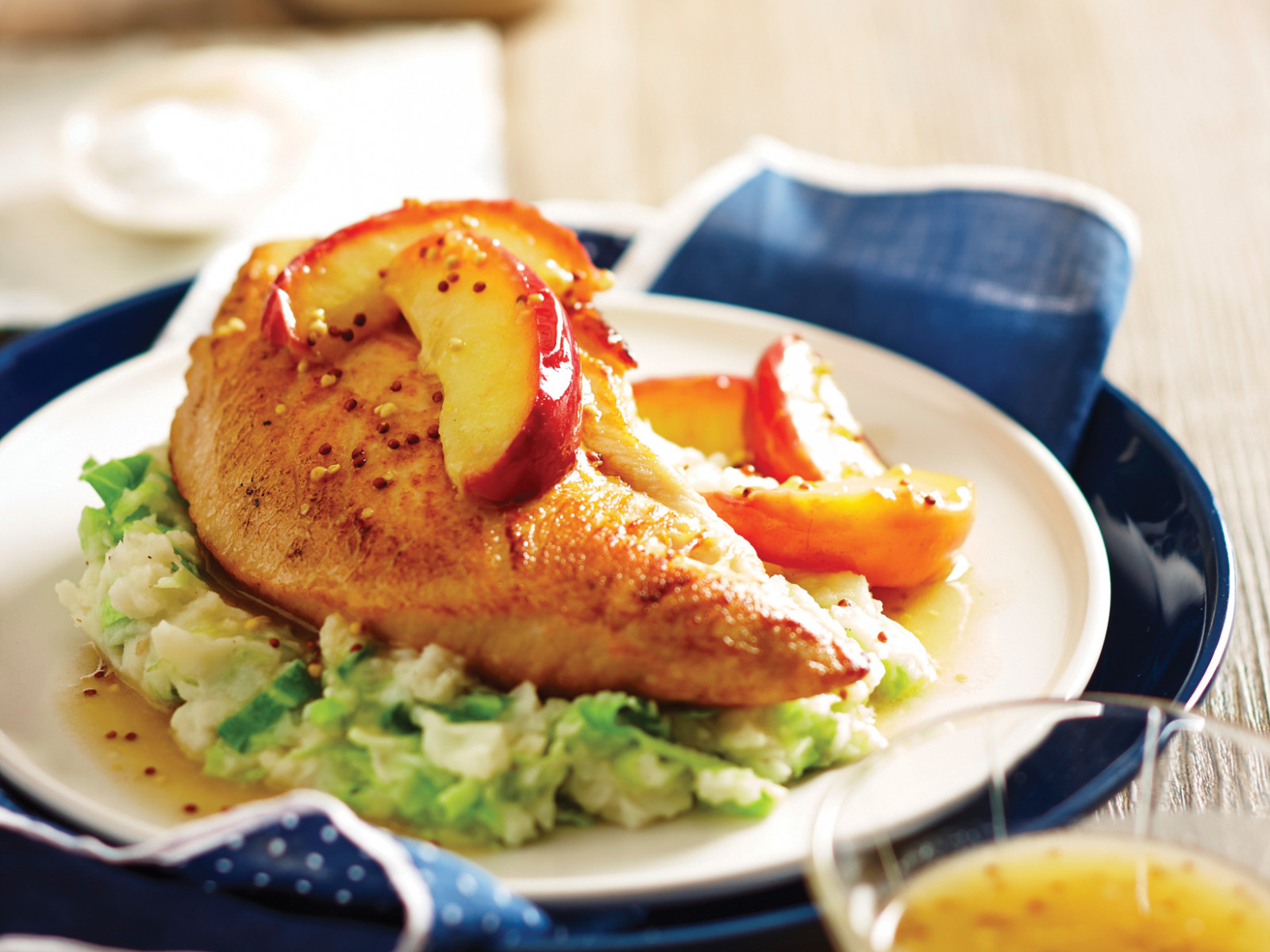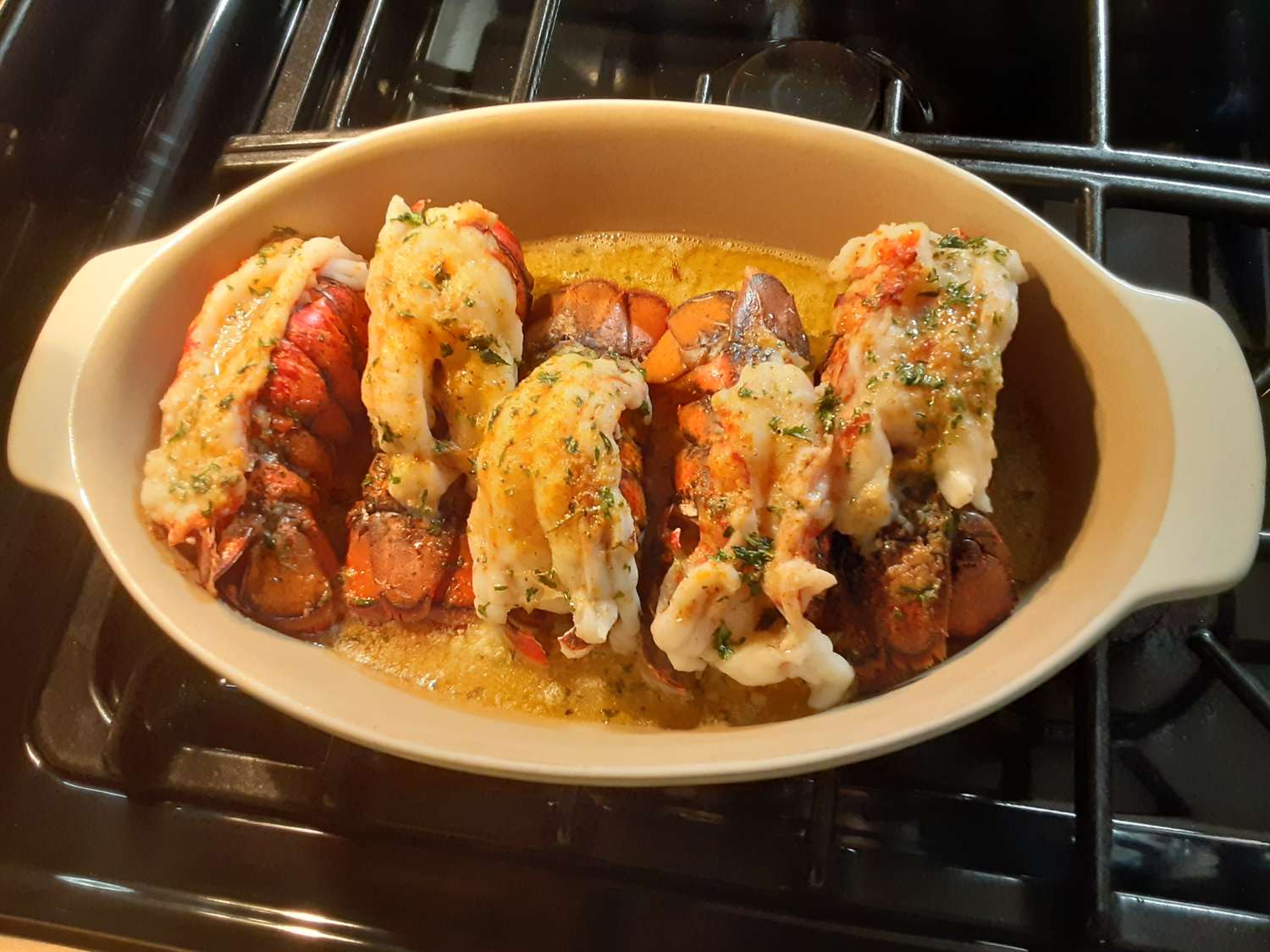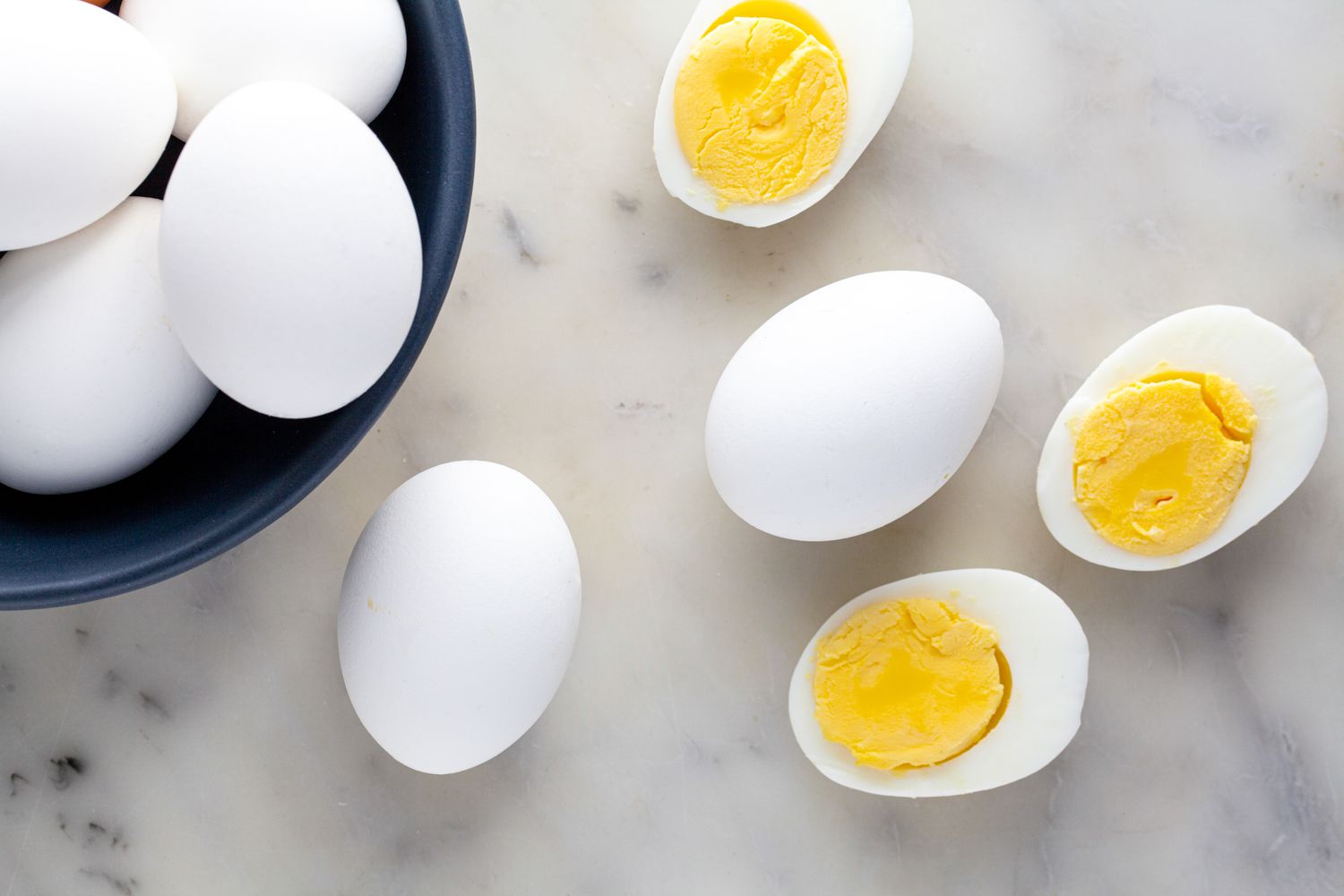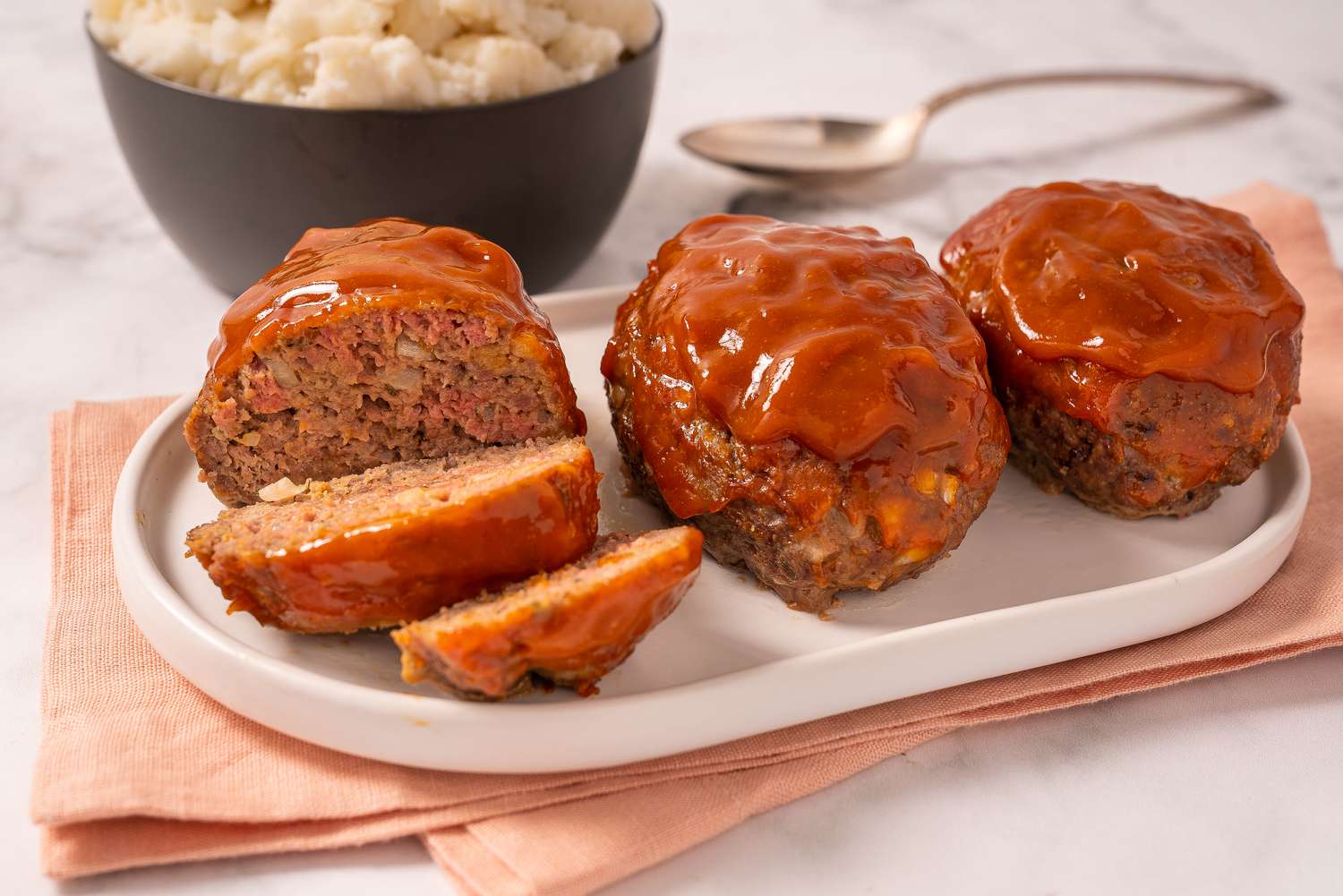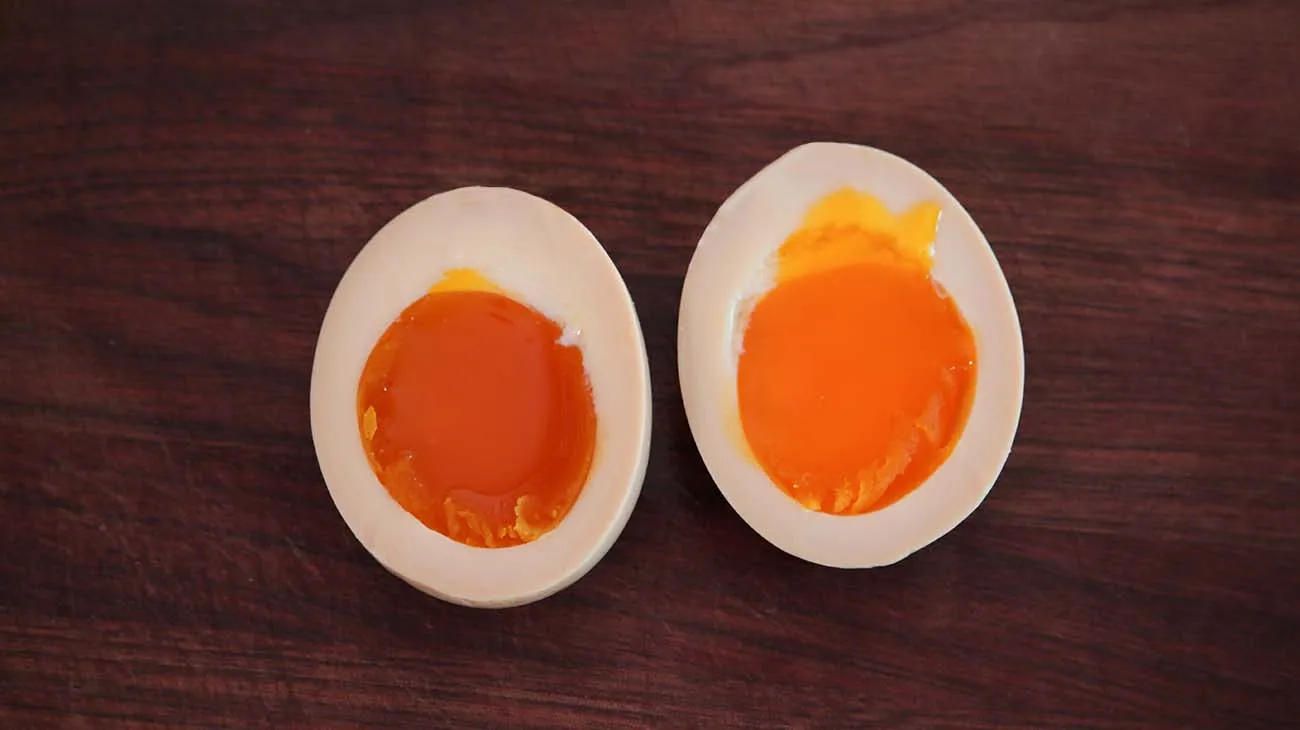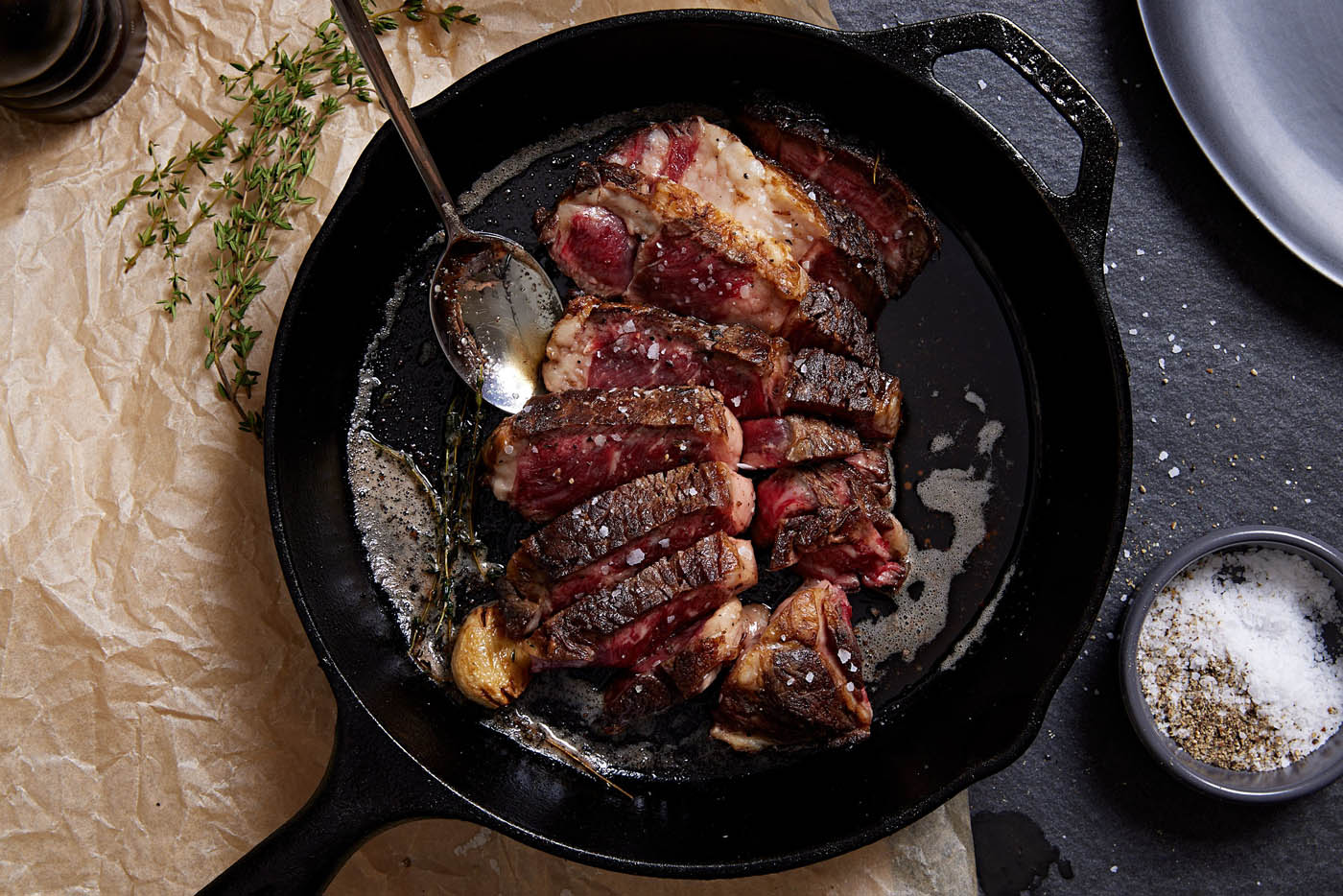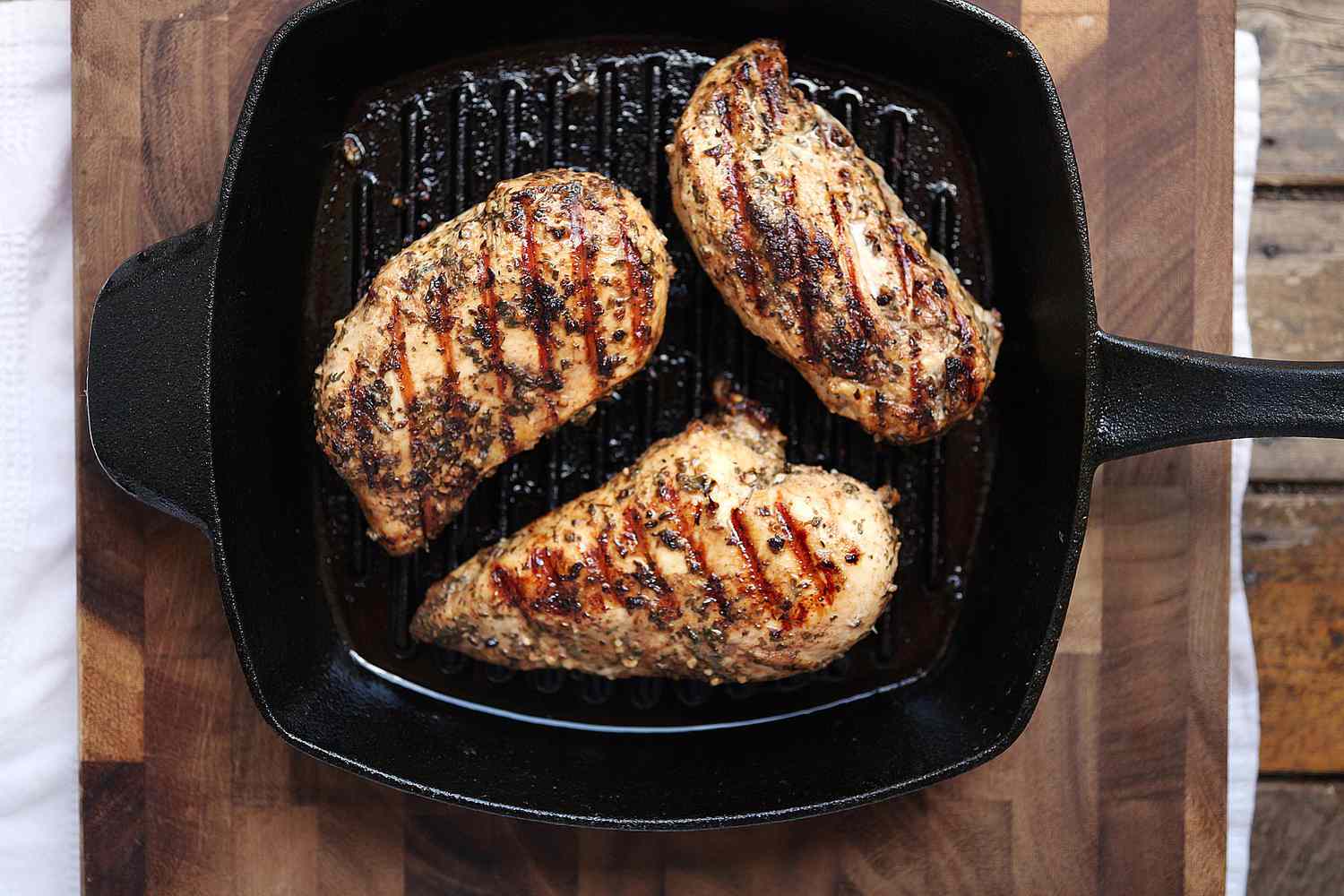Cooking Fresh Made Pasta: A Delicious Homemade Delight
There’s something magical about the taste and texture of freshly made pasta. Whether you’re a seasoned chef or an amateur cook, learning how to cook fresh pasta can elevate your culinary skills, impress your guests, and indulge in a truly authentic Italian experience. In this blog post, we will guide you through the step-by-step process of creating and cooking your own fresh pasta from scratch. Get ready to roll up your sleeves and enjoy the delicious rewards!
Ingredients You’ll Need:
- 2 cups of all-purpose flour
- 2 large eggs
- Water (as needed)
- A pinch of salt
Step 1: Preparing the Pasta Dough
To start, create a well with the flour on a clean, flat surface. Crack the eggs into the well and gradually incorporate the flour into the eggs with a fork or your hands. Add a pinch of salt to enhance the flavor. Knead the dough until it becomes smooth and elastic. If the dough feels too dry, add a little water; if it’s too wet, sprinkle extra flour. Wrap the dough in plastic wrap and let it rest for about 30 minutes.
Step 2: Rolling and Cutting the Pasta
Once the dough has rested, it’s time to roll it out. Divide the dough into smaller portions to make it more manageable. Take one part and flatten it with a rolling pin. Dust your work surface and rolling pin with flour to prevent sticking. Roll the dough into a thin sheet, ensuring it has an even thickness. At this stage, you can either use a pasta machine or continue rolling with the rolling pin. For a traditional touch, roll the dough until it becomes translucent.
Now, you can cut the pasta into your desired shape. For fettuccine or tagliatelle, use a sharp knife to cut the dough into thin strips. To make ravioli or tortellini, use a round cutter or glass to create small circles. The possibilities are endless!
Step 3: Cooking the Fresh Pasta
Bring a large pot of salted water to a rolling boil. Gently add the fresh pasta and cook for approximately 2-3 minutes, or until al dente. Keep an eye on the pasta as it cooks, ensuring it does not overcook and become mushy. Fresh pasta cooks much quicker than dried pasta, so be vigilant!
When the pasta is cooked to perfection, carefully drain it using a colander. Remember to save a small cup of the pasta water, as it can be used to adjust the consistency of your sauce later.
Serving Suggestions and Flavorful Pairings
Now that your fresh pasta is perfectly cooked and ready to impress, it’s time to get creative with your sauce and toppings. Here are a few suggestions to enhance your culinary masterpiece:
- Toss your fresh pasta with a simple and flavorful sauce like tomato and basil, garlic and oil, or a creamy alfredo.
- Add a variety of sautéed vegetables to your pasta dish, such as bell peppers, mushrooms, or zucchini.
- Pair your fresh pasta with freshly grated Parmesan cheese, a sprinkle of crushed red pepper flakes, or a drizzle of truffle oil for an extra touch of indulgence.
- Serve your pasta with a side of garlic bread or a fresh garden salad to complete the meal.
Now, take a bite of your delicious homemade fresh pasta and savor the exquisite flavors that could rival any Italian trattoria. Cooking fresh pasta is a labor of love, but the end result is well worth the effort. So, grab your apron and start rolling that dough – your taste buds will thank you!
– 1 cup of all-purpose flour
– 1 large egg
– Pinch of salt
– Water (if needed)
1. Place the flour on a clean, flat surface, and create a well in the center.
2. Crack the egg into the well and add a pinch of salt.
3. Using a fork or your fingers, gradually mix the flour into the egg until a dough forms.
4. Knead the dough for about 5-10 minutes until it becomes smooth and elastic.
5. Shape the dough into a ball, cover it with a clean cloth, and let it rest for at least 30 minutes before rolling it out.
1. Divide the rested dough into smaller portions.
2. Flatten one portion and pass it through the pasta machine’s widest setting.
3. Fold the dough into thirds, dust with flour, and pass it through the machine again.
4. Repeat this process, gradually reducing the machine’s settings until you reach your desired thickness.
1. Bring a large pot of salted water to a boil.
2. Add the fresh pasta and gently stir to prevent sticking.
3. Cook the pasta for 2-3 minutes or until al dente.
4. Before draining, reserve a cup of the pasta cooking water to use in sauces if desired.
5. Drain the pasta and serve immediately with your favorite sauce.
Was this page helpful?
Read Next: How To Cook Fresh Green Peas
